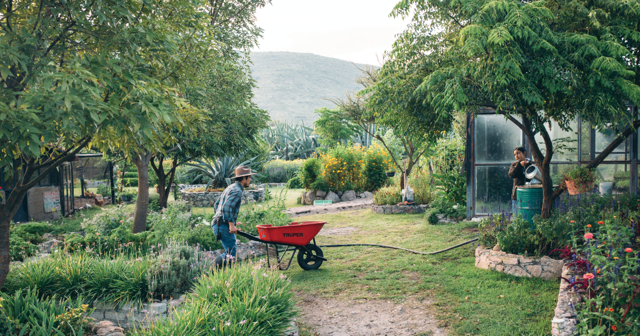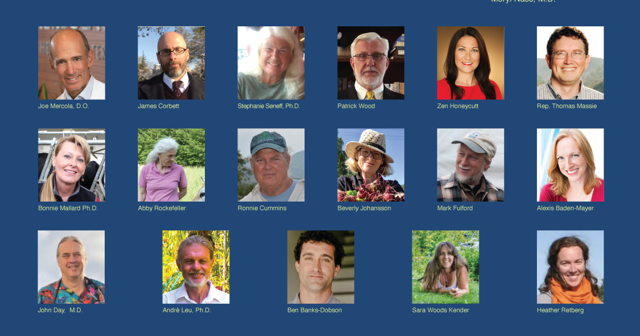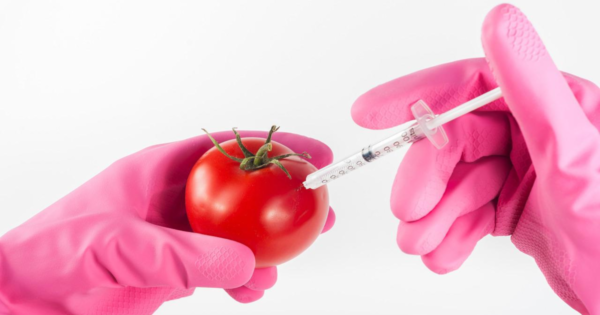
Jose Luis Chicoma reports for Food Tank
“The most biodiverse region on the planet, Latin America is an agroindustrial superpower that exports fully one fourth of its total production. By contrast, another agricultural superpower, Asia, exports only 6 percent of its production. Still Latin America has never succeeded in tapping into its agricultural wealth to adequately feed its population. At the moment, at least six countries in the region are in the throes of a food crisis, with nearly 268 million Latin Americans currently feeling the effects of food insecurity, with many millions more sure to join their ranks in the coming months.
The countries in crisis—Guatemala, El Salvador, Honduras, Nicaragua, Haiti and Venezuela—find themselves in this situation as a result of economic recessions, natural or climate-related disasters, waves of violence or widespread delinquency. On top of that, the invasion of Ukraine and resulting spike in energy costs, as well as the lingering effects of the coronavirus pandemic and a series of climate shocks have sparked one more perfect storm that is plunging millions more Latin Americans into hunger… Since the colonization, the Spanish favored producing export commodities, such as sugar, over basic staples aimed at feeding the local population. A similar logic applied to a string of other commodities, including bananas, coffee, and cacao, as well as grains and meat. More recently, Green Revolution-style agriculture has taken hold throughout much of the region, with large swaths of land given over to this fertilizer- and pesticide-heavy production. Argentina and Brazil have bet big on genetically modified soy and corn, which is exported to feed pigs and cattle in developed countries and China. Monocultures also predominate, such as sugar, which is used to produce ethanol, and palm oil, a key ingredient in ultra-processed foods…”
Learn more: Latin America’s Food Paradox



